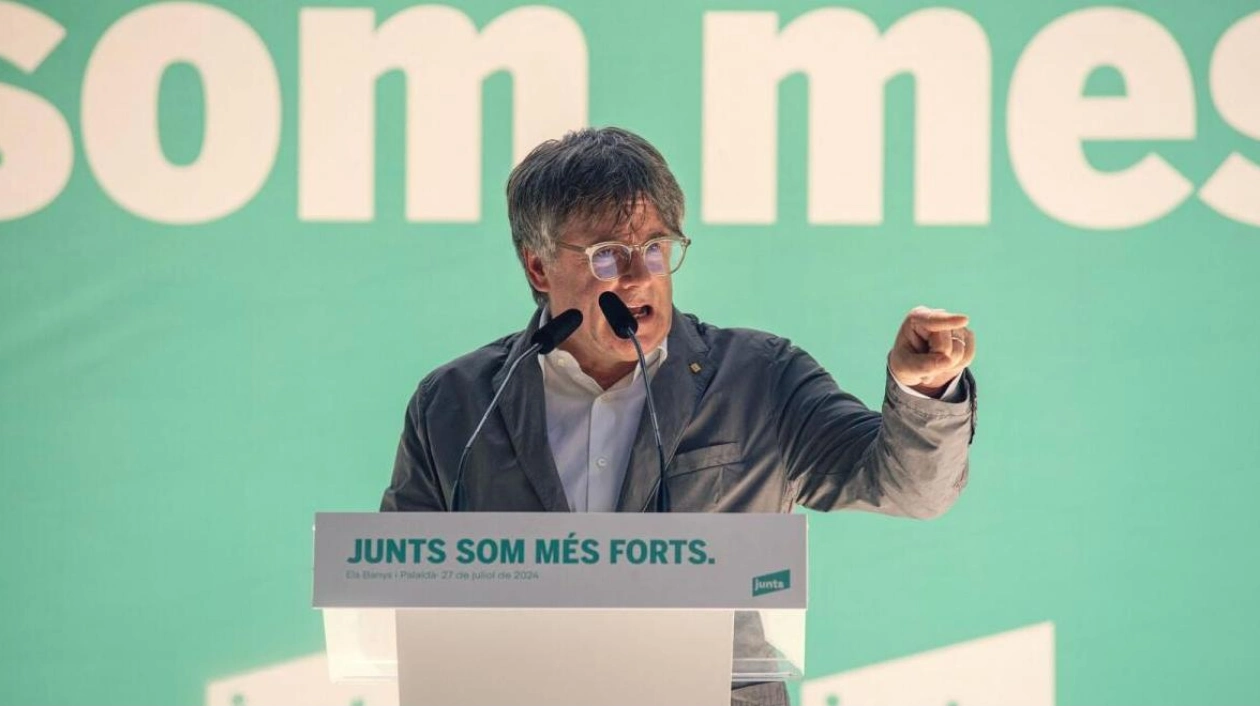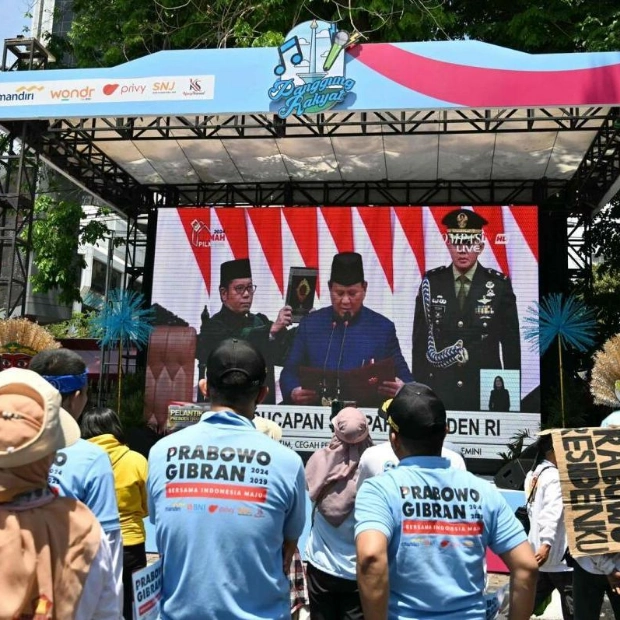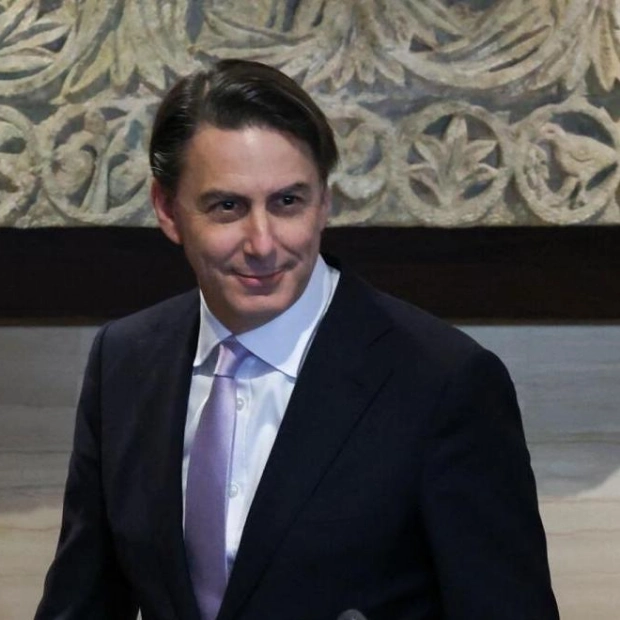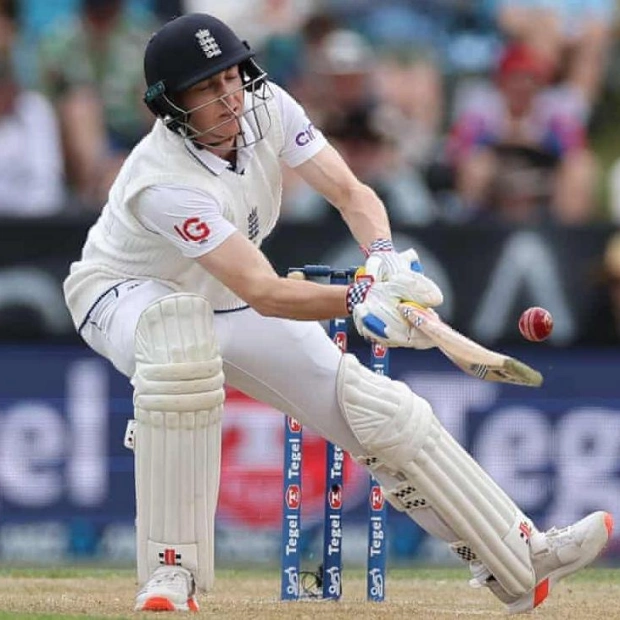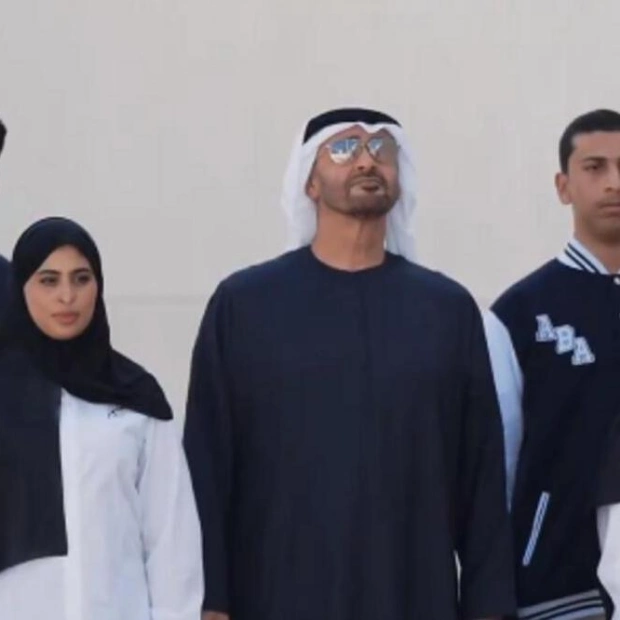Catalonia's exiled separatist leader Carles Puigdemont announced on Wednesday that he is returning to Spain, planning to attend an investiture vote in the regional parliament the following day, despite the risk of arrest. He is scheduled to be present at the investiture vote in Barcelona at 10:00 am (0800 GMT) to elect a new Catalan leader. An hour prior, his hardline separatist party, JxCAT, will hold a welcome ceremony for Puigdemont outside the regional parliament in Barcelona. If arrested for his involvement in Catalonia's unsuccessful 2017 independence bid, the investiture vote might be cancelled.
Puigdemont expressed in a video posted on social network X, "Under normal democratic circumstances, it would be unnecessary for an MP like me to declare my intention to attend such a session. But these are not normal democratic conditions." He cited ongoing persecution for allowing Catalans to vote in a self-determination referendum and the Supreme Court's refusal to adhere to the amnesty law as reasons for the abnormal conditions. "This challenge must be addressed and confronted. That's why we have decided to return from exile," he stated.
Puigdemont led Catalonia's regional government in 2017 during its attempt to hold an illegal independence referendum, which was followed by a brief declaration of independence before being quashed by Madrid authorities. He fled to avoid prosecution and remains sought by Spain's justice system. The Spanish Supreme Court ruled on July 1 that the amnesty law for Catalan separatists, enacted earlier this year, would not fully apply to him.
In the video, Puigdemont stood before a Catalan and a European Union flag, asserting, "I am convinced that the only path back to democratic normality is through the end of political repression, which is outlined in the amnesty law." He criticized the Supreme Court judges for their rebellious stance, stating, "We cannot stay silent in the face of this behavior."
Salvador Illa, the head of Spain's ruling Socialists in Catalonia and a former health minister, is expected to be elected as the region's new leader during Thursday's investiture vote. He has gained support from a smaller far-left party and the more moderate, leftist Catalan separatist party ERC.
